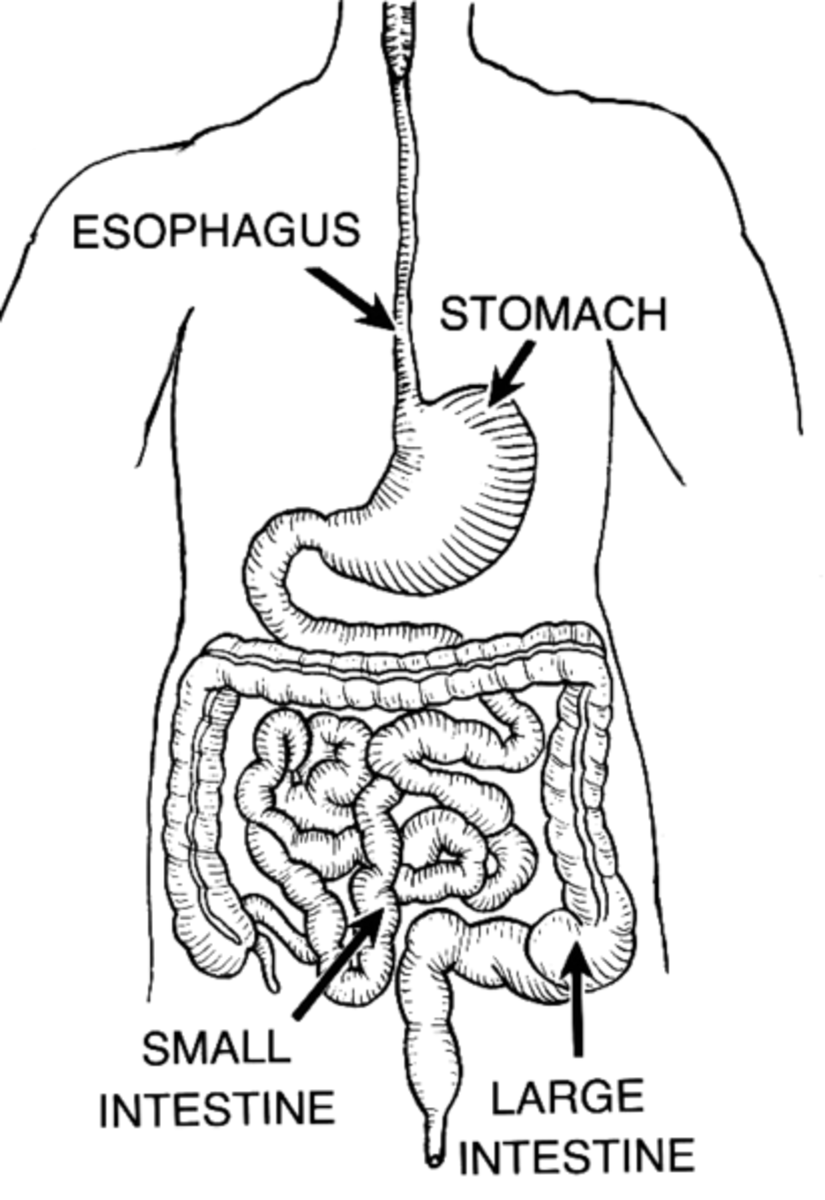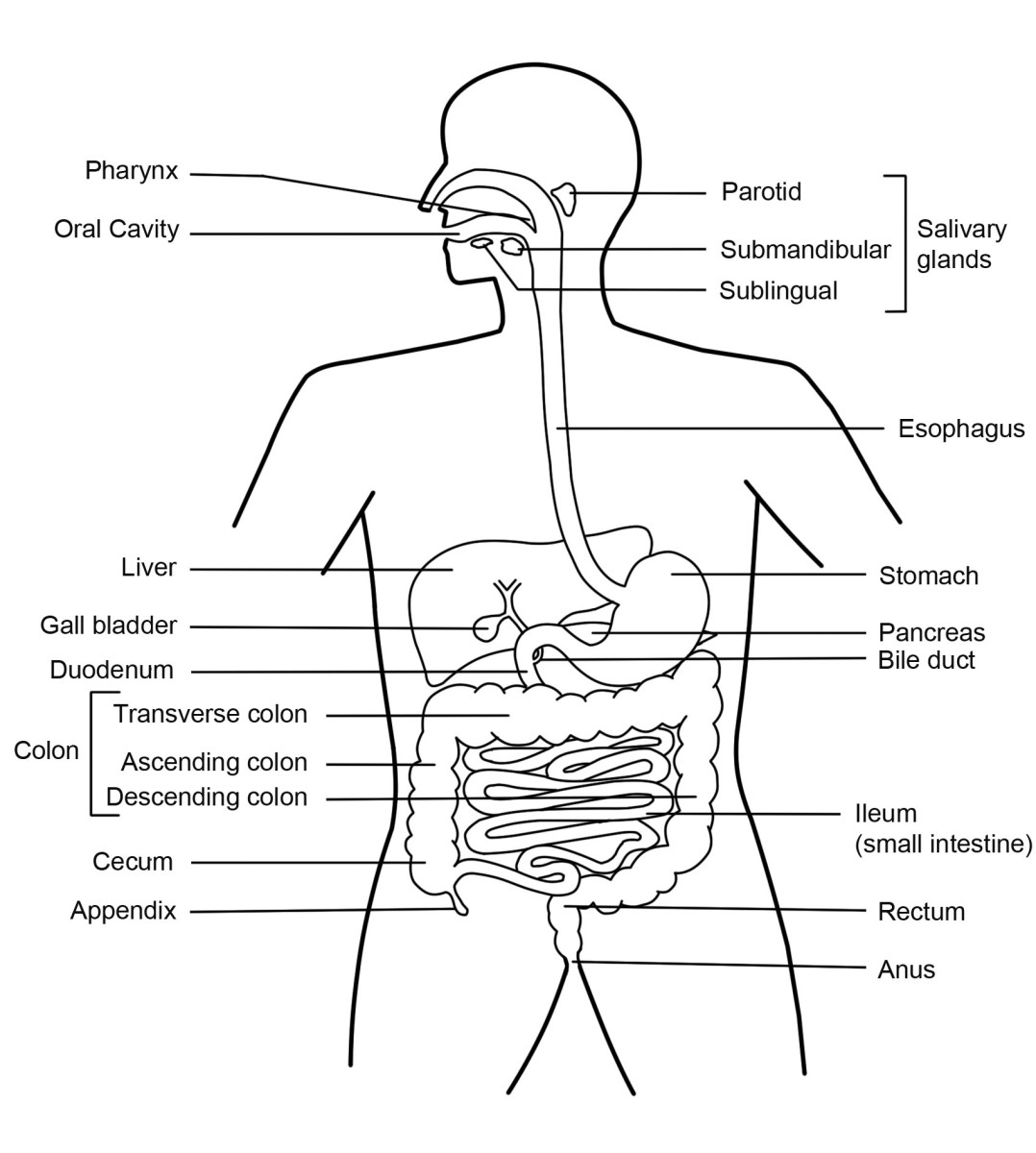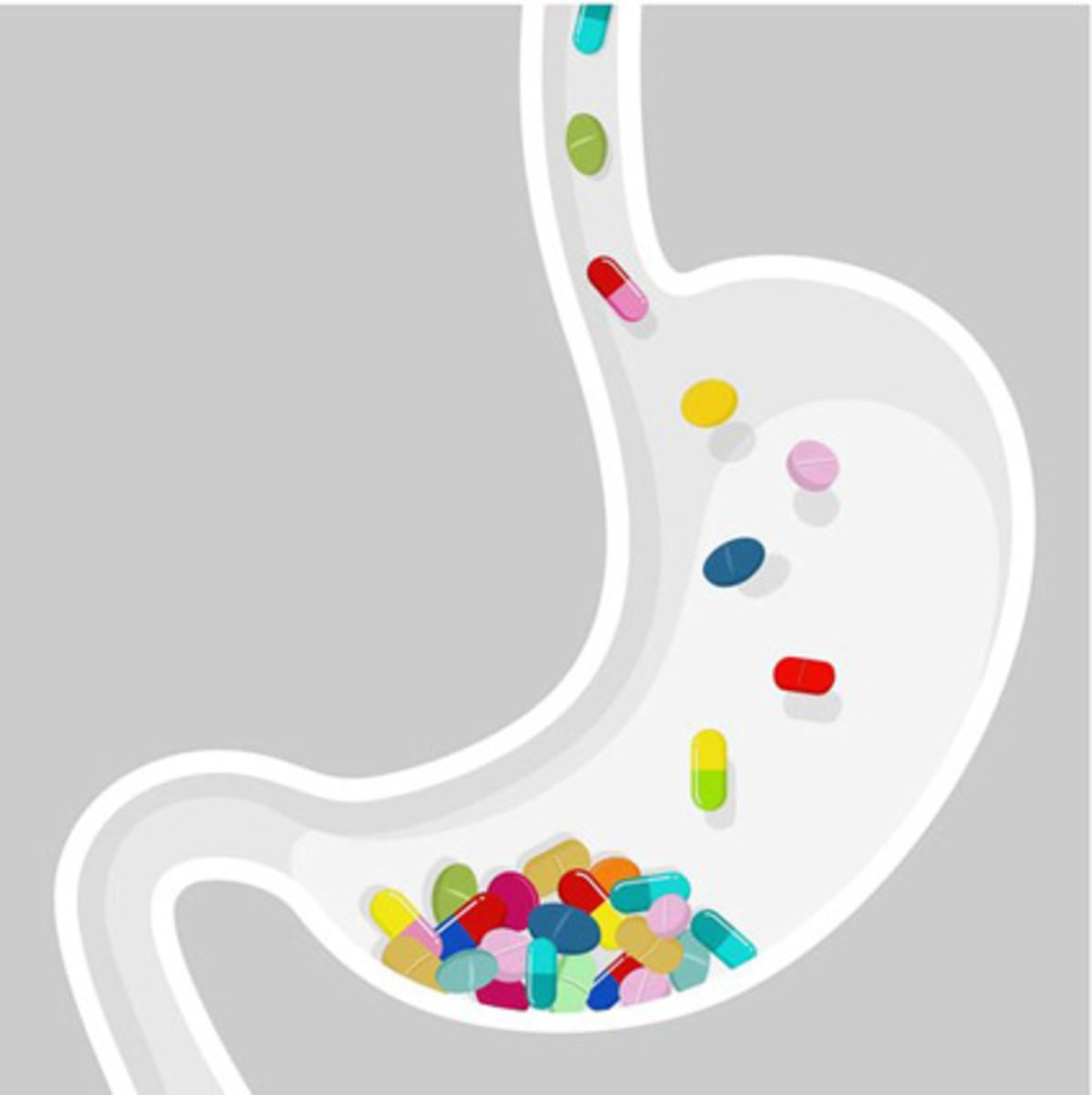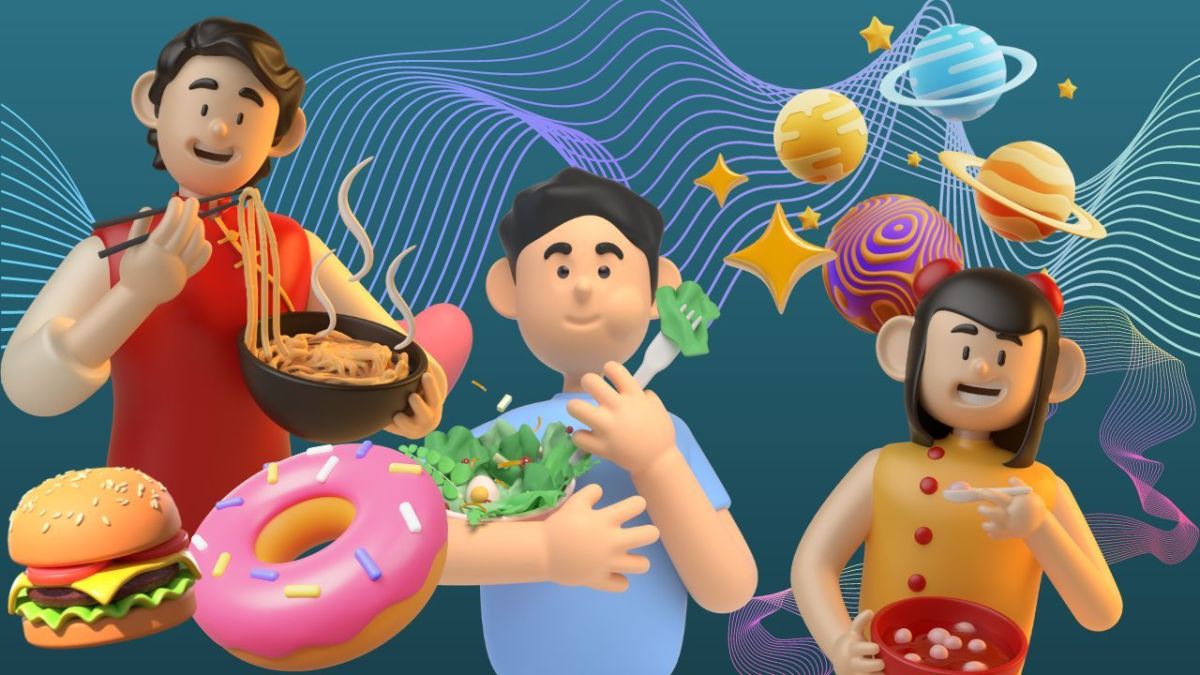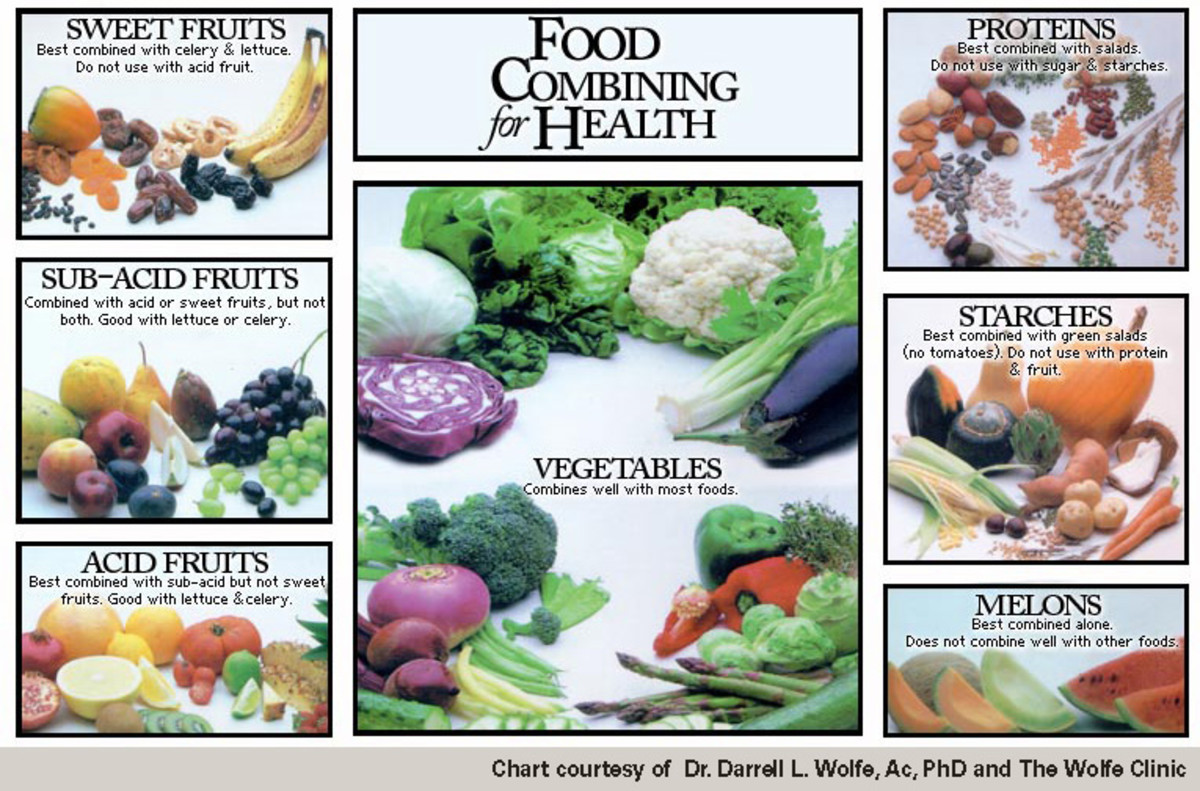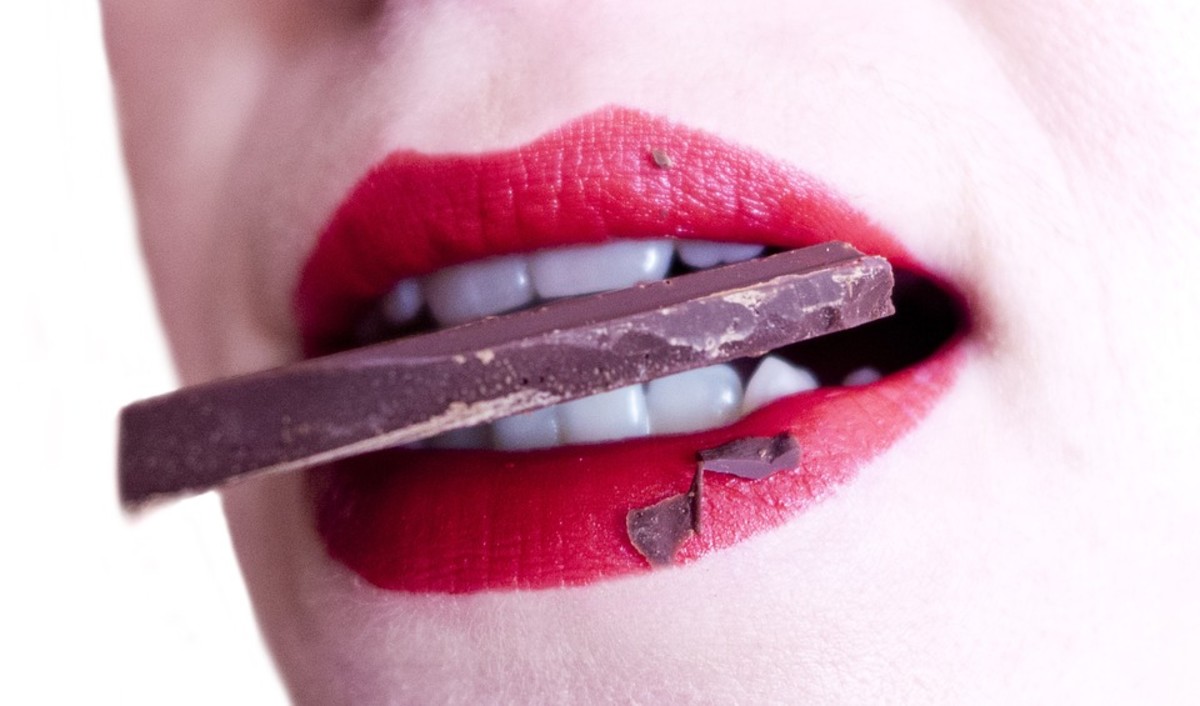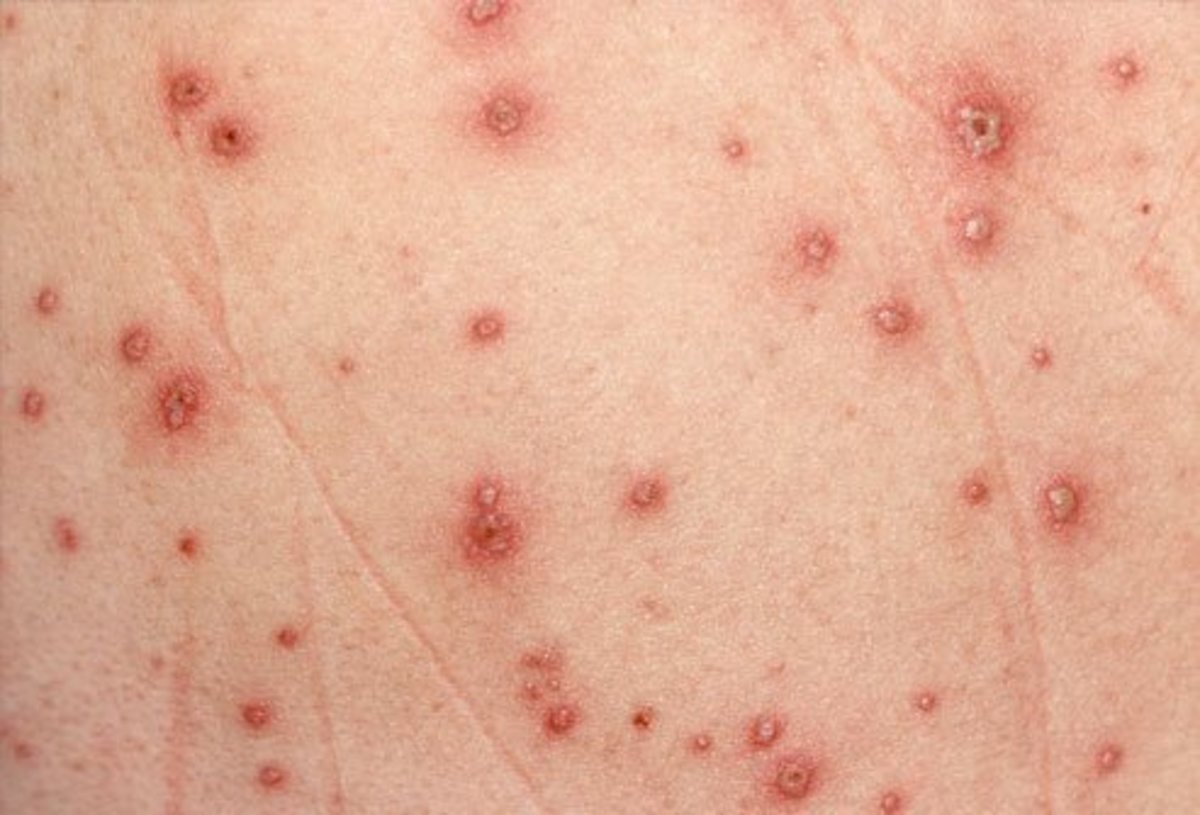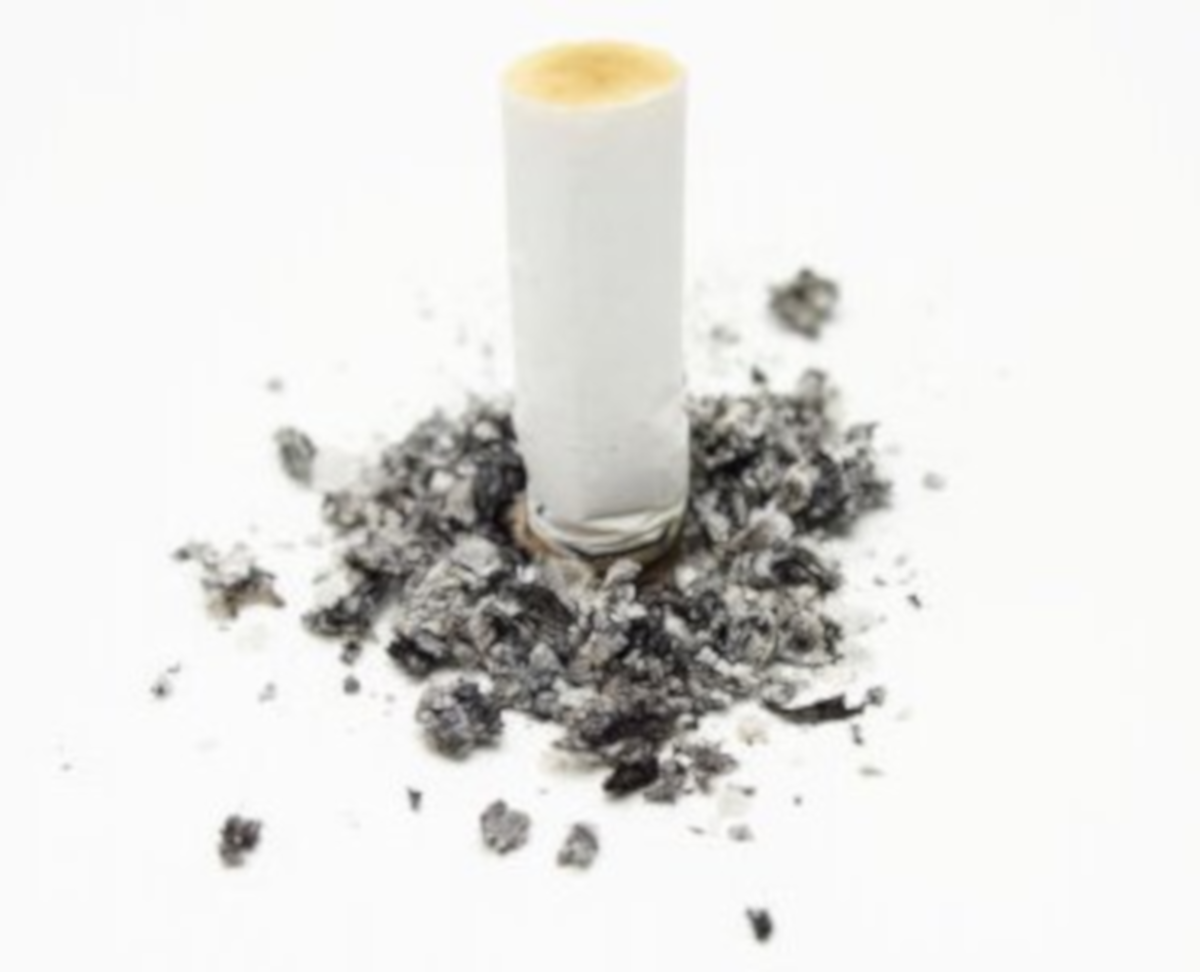Is it bad to sleep after eating?
Sleeping after eating is common among most of us. Once you finish your meal, you feel the drowsiness kicking in and the next minute you know, you are lying in bed taking a nap. Most of us also have a habit of eating a late dinner at night and then hitting the sack right after that.
We have all been told that we should always walk around to digest our food after we are done eating, and that sleeping right after you eat will cause you to put on weight.
Is it bad to sleep after eating? Most people think it is unhealthy to do so.
This article gives you an insight on why we feel drowsy after eating and whether it is bad for our health.
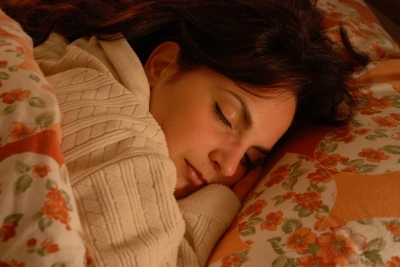
Why do we feel sleepy after we eat?
When you eat, your brain diverts your blood away from other organs towards digestion. Your red blood cells work hard to digest the food and circulate the nutrients throughout your body, and because less blood is diverted to the brain, your body starts to feel tired.
Energy is used to digest the food, meaning that your brain does not have as many blood cells to help out at the moment, which explains for an urge to lie down and nap right after eating.
Is it bad to sleep after eating?
While no scientific evidence points to particular health problems associated with sleeping after eating, doing so may be problematic for some people. When you are sitting or standing upright, digestion is aided by gravity to some extent. When you lie down when food has not been fully digested, it can cause stomach contents to go back up into the esophagus causing gastroesophageal reflux disease.
Our digestive system
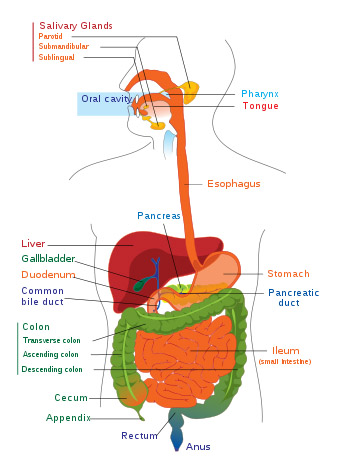
How does our digestive system work?
The process of digestion occurs firstly in the mouth, where we use our teeth to chew and our saliva to moisten our food. Enzymes in our saliva help to break down the food and it is then passed down through the digestive (gastrointestinal) tract.
Food that has been swallowed is then carried down the esophagus which is a muscular tube towards the stomach. Muscle contractions help to propel the food towards the stomach.
The stomach is a giant, sack-like organ where major digestive processes take place. The stomach contains strong acidic digestive juices and has walls made of three different layers of muscle to allow it to churn and mix the food around. When food in the stomach has been processed into a thick mixture called chyme, it is then passed slowly into the small intestine via the pyloric sphincter (an opening controlled by muscle).
Food then enters the duodenum which is the first part of the small intestine. It then enters the jejunum and finally the ileum which is the final section that leads into the large intestine. Breakdown of food in the small intestine is further assisted by bile produced in the liver which is stored in the gallbladder, pancreatic enzymes and other enzymes produced by the intestinal walls of the small intestine.
Food passes into the large intestine from the small intestine. The large intestine measures about 1.5 meters and inside here, water and electrolytes are removed from the food. The final product, faeces, is formed and then stored in the rectum before it leaves the digestive system.
Who likes to sleep after they eat? Vote here!
Do you have a habit of sleeping after you eat?
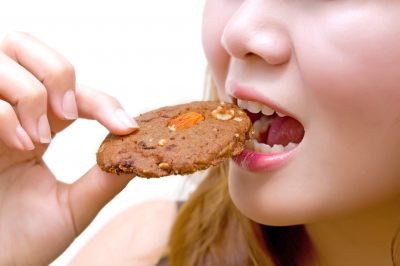
Is it ok to eat a heavy meal at night before sleeping?
Because sleeping after eating slows down digestion, it is advisable not to eat a heavy meal at night before sleeping. It is best to give your body around 3 hours to digest a heavy meal in order to get a good night's sleep. This is because during sleep, your digestive functions slow down and blood is directed from your brain to digest the food, which may lead to poor sleep quality. Being too hungry can affect your sleep too. If you feel hungry before bedtime, you can have a snack such as a banana, a slice of toast or a piece of fruit. Try to avoid food that is spicy or high in protein as they are known to affect sleep quality.
Recommended sleepwear to sleep better at night
Interesting Links
Join HubPages
If you are new and want to start publishing with HubPages, you can do so via my sign-up link here.
You might also be interested in:
Useful Links to other websites:
- Eating before sleeping - Will it affect your sleep?
- Myth or Fact: Eating before bed can make you gain weight faster than if you eat the same foods during the day.
Please feel free to visit my website at kaitlincolee.com for more articles.


